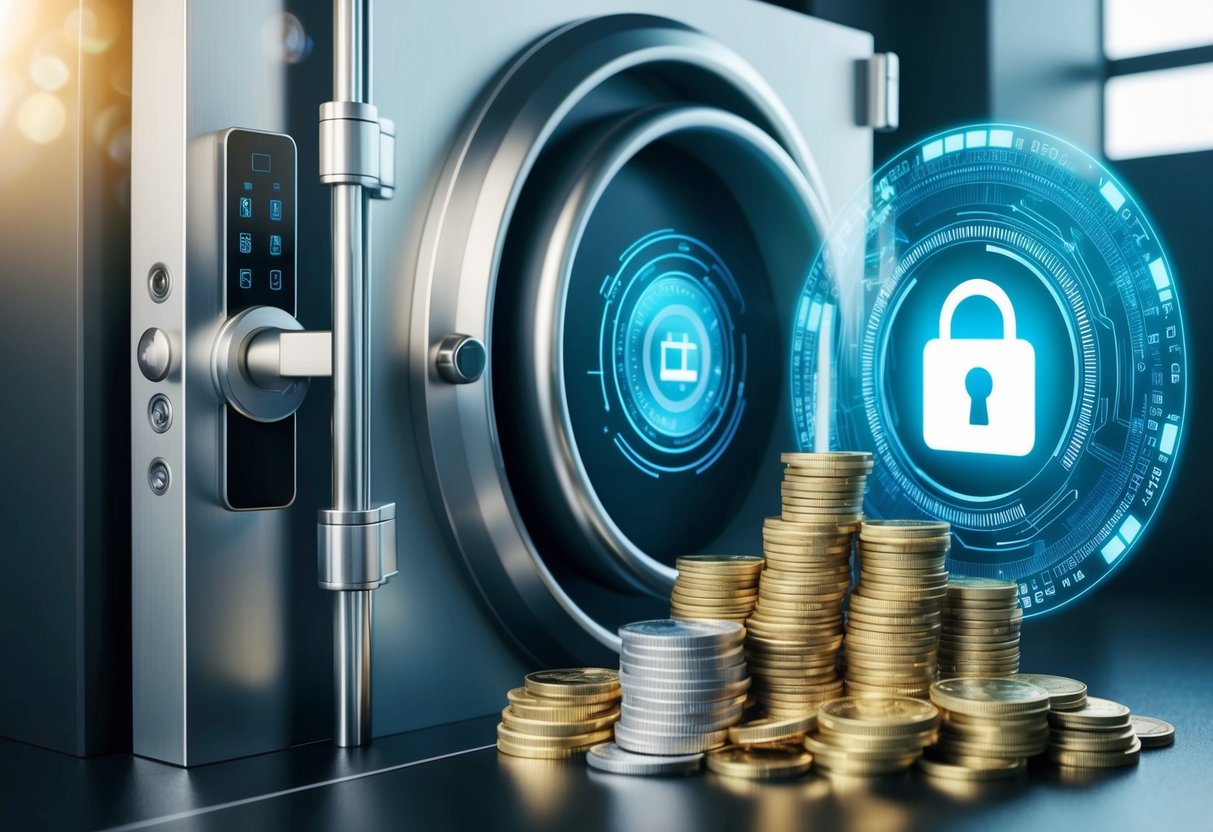
Implementing Robust Authentication Protocols

Strengthening security in cryptocurrency involves deploying strong authentication measures. Two-factor authentication (2FA) and the establishment of strong passwords are pivotal elements in this endeavor.
Two-Factor Authentication (2FA): A Critical Layer of Protection
Two-factor authentication adds an essential security layer to cryptocurrency accounts. It requires users to provide two different forms of identity verification to access an account. This method typically combines something the user knows, like a password, with something they have, such as a smartphone app like Google Authenticator. By demanding this extra step, 2FA significantly reduces the risk of unauthorized access.
Implementing 2FA on cryptocurrency platforms acts as a safeguard against cyber threats. Even if a password is compromised, the second authentication factor serves as a strong deterrent against potential intruders. This dual-layered approach enhances the security of transactions and account data, making breaches substantially more difficult. As a result, 2FA is widely considered a best practice for protecting digital assets.
Best Practices for Strong Passwords and Account Safety
Creating strong passwords is crucial for protecting cryptocurrency accounts. Effective passwords should be long, containing at least 12 characters, and include a variety of letters, numbers, and symbols. It is advised to avoid common phrases or easily guessable combinations. Using unique passwords for each account further enhances security.
Regularly updating passwords can impede unauthorized access. Utilizing password managers can help users safely store and manage multiple complex passwords. Additionally, enabling account safety features such as recovery options ensures quick access restoration if needed. These practices collectively contribute to a more secure environment for managing and trading cryptocurrencies. They offer essential protection against the evolving landscape of cyber threats.
Safety Precautions for Using Public Networks and Devices
When accessing cryptocurrency accounts on public networks, it’s crucial to adopt safety measures like using Virtual Private Networks (VPNs) and reliable antivirus software. Understanding these tools and their features is essential to reducing risks associated with public Wi-Fi and devices.
VPNs and Antivirus Software: Essential Tools for Digital Security
A Virtual Private Network (VPN) encrypts internet connections, providing anonymity and privacy. When utilizing public Wi-Fi, this tool masks the user’s IP address, making data less accessible to hackers. Pairing a VPN with reputable antivirus software adds an extra layer of protection, safeguarding against malware that can compromise sensitive financial data. Antivirus programs frequently update to block new threats, ensuring that users’ devices remain secure.
Effective VPNs and antivirus software tend to demand minimal effort once installed. They operate in the background, continuously protecting the user’s digital environment. Selecting reliable providers with proven track records is critical. User reviews and expert evaluations help identify the most effective options, ensuring robust cybersecurity measures without compromising access speed.